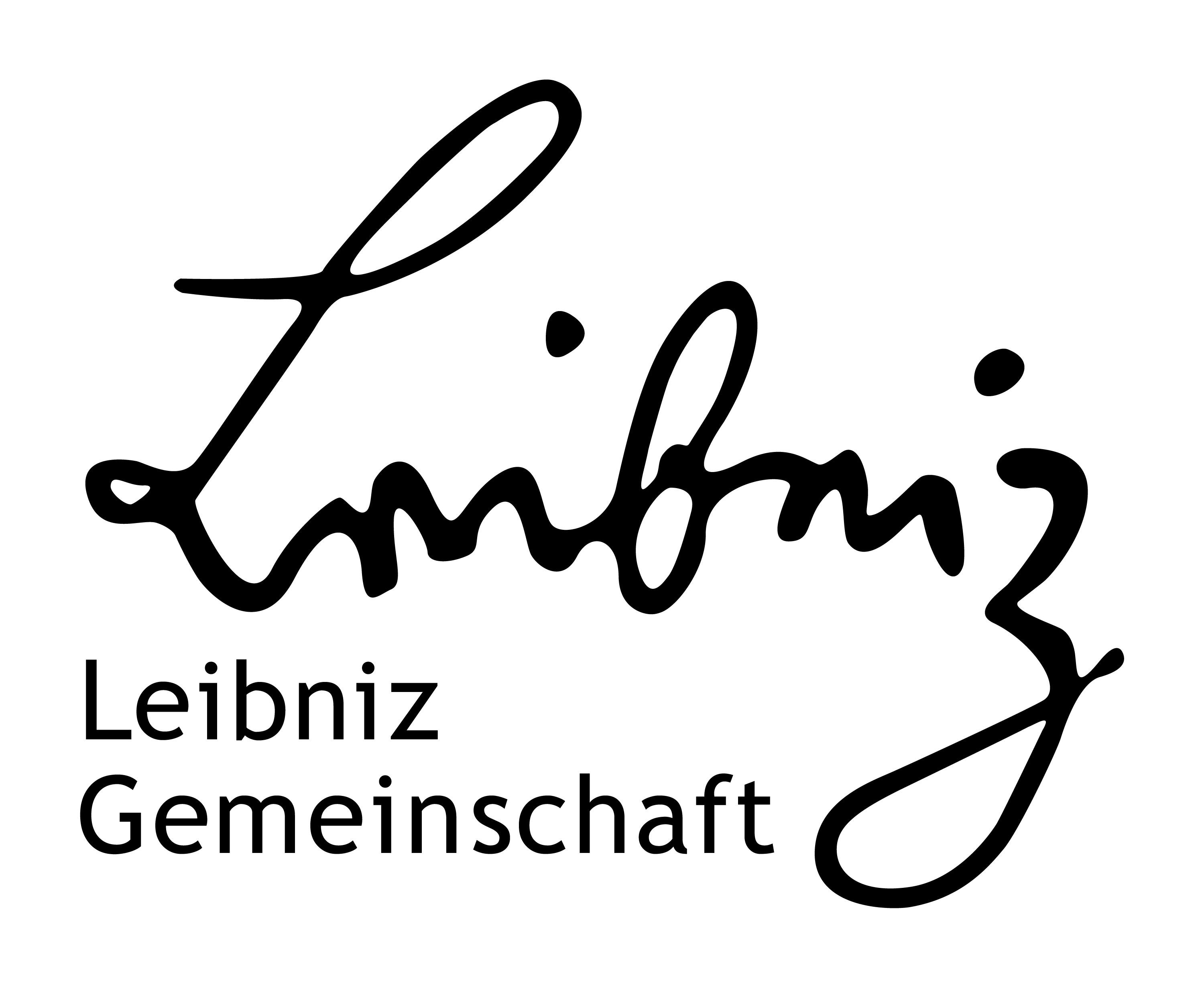Some landmark papers in resilience research
A few examples of landmark papers in resilience research – empirical, methodological, conceptual - presented at past symposia before publication or initiated at a past symposium meeting through discussions among participants.
Ayash S, Lingner T, Ramisch A, Ryu S, Kalisch R, Schmitt U, Müller MB. Fear circuit-based neurobehavioral signatures mirror resilience to chronic social stress in mouse. Proc Natl Acad Sci U S A. 2023 Apr 25;120(17):e2205576120. doi: 10.1073/pnas.2205576120.
Kaldewaij R et al. (2021) Anterior prefrontal brain activity during emotion control predicts resilience to post-traumatic stress symptoms. Nat Hum Behav 5(8):1055-1064. doi: 10.1038/s41562-021-01055-2.
Stevens JS et al. (2021) Brain-Based Biotypes of Psychiatric Vulnerability in the Acute Aftermath of Trauma. Am J Psychiatry 178(11):1037-1049. doi: 10.1176/appi.ajp.2021.20101526.
Gee DG (2021) Early Adversity and Development: Parsing Heterogeneity and Identifying Pathways of Risk and Resilience. Am J Psychiatry 178(11):998-1013. doi: 10.1176/appi.ajp.2021.21090944.
Schultebraucks K et al. (2020) A validated predictive algorithm of post-traumatic stress course following emergency department admission after a traumatic stressor. Nat Med 26(7):1084-1088. doi: 10.1038/s41591-020-0951-z.
Dudek KA et al. (2020) Molecular adaptations of the blood-brain barrier promote stress resilience vs. depression. PNAS 117(6):3326-3336. doi: 10.1073/pnas.1914655117
Ungar M et al (2020) Resilience and mental health: how multisystemic processes contribute to positive outcomes. Lancet Psychiatry 7(5):441-448. doi: 10.1016/S2215-0366(19)30434-1.
Cruz-Pereira JS et al. (2020) Depression's Unholy Trinity: Dysregulated Stress, Immunity, and the Microbiome. Annu Rev Psychol 71:49-78. doi: 10.1146/annurev-psych-122216-011613.
Kalisch R, Cramer AOJ et al (2019) Deconstructing and Reconstructing Resilience: A Dynamic Network Approach. Perspect Psychol Sci 14(5):765-777. doi: 10.1177/1745691619855637.
Choi KW et al. (2019) Genomics and psychological resilience: a research agenda. Mol Psychiatry 24(12):1770-1778. doi: 10.1038/s41380-019-0457-6.
de Chaumont F et al. (2019) Real-time analysis of the behaviour of groups of mice via a depth-sensing camera and machine learning. Nat Biomed Eng 3(11):930-942. doi: 10.1038/s41551-019-0396-1.
Singh-Taylor A et al. (2018) NRSF-dependent epigenetic mechanisms contribute to programming of stress-sensitive neurons by neonatal experience, promoting resilience. Mol Psychiatry 23(3):648-657. doi: 10.1038/mp.2016.240.
Richter-Levin G et al. (2019) Animal models of PTSD: a challenge to be met. Mol Psychiatry 24(8):1135-1156. doi: 10.1038/s41380-018-0272-5.
Anacker C et al. (2018) Hippocampal neurogenesis confers stress resilience by inhibiting the ventral dentate gyrus. Nature 559(7712):98-102. doi: 10.1038/s41586-018-0262-4.
Gerlicher AMV et al. (2018) Dopamine-dependent prefrontal reactivations explain long-term benefit of fear extinction. Nat Commun 9(1):4294. doi: 10.1038/s41467-018-06785-y.
Menard C et al. (2017) Social stress induces neurovascular pathology promoting depression. Nat Neurosci 20(12):1752-1760. doi: 10.1038/s41593-017-0010-3.
Kalisch R et al. (2017) The resilience framework as a strategy to combat stress-related disorders. Nat Hum Behav 1(11):784-790. doi: 10.1038/s41562-017-0200-8.
Shemesh Y et al. (2017) Ucn3 and CRF-R2 in the medial amygdala regulate complex social dynamics. Nat Neurosci 19(11):1489-1496. doi: 10.1038/nn.4346.
Houtepen LC et al. (2016) Genome-wide DNA methylation levels and altered cortisol stress reactivity following childhood trauma in humans. Nat Commun 7:10967. doi: 10.1038/ncomms10967.




